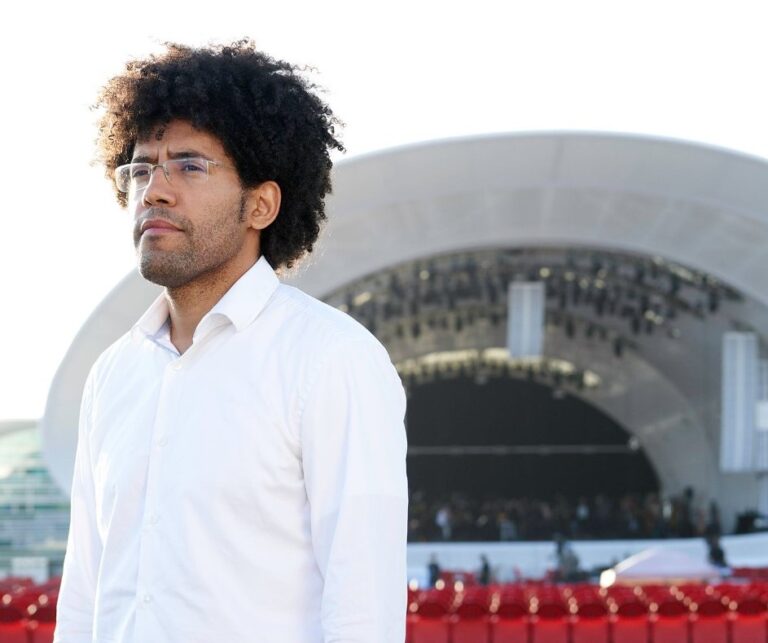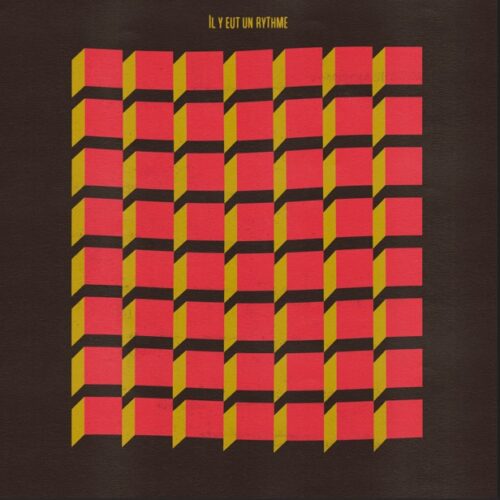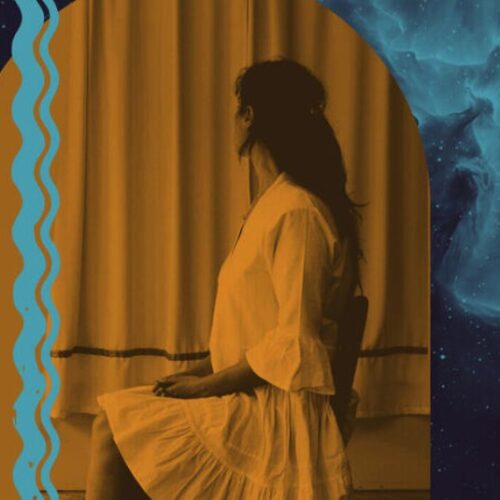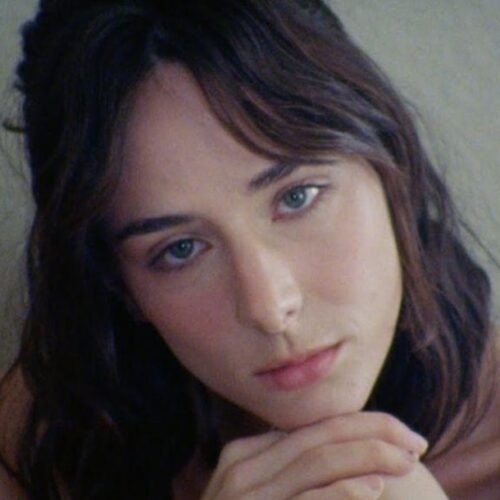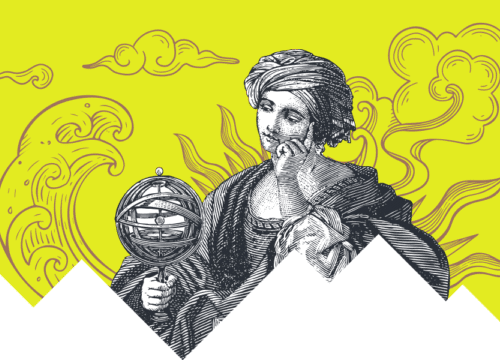Additional Information
This Wednesday, August 14, Friday, August 16, Saturday, August 17 and Sunday, August 18, the Orchestre symphonique de Montréal (OSM) transforms the presentation of its Virée classique with eight paying indoor programs this year instead of 26 last year, but also with the spectacular deployment of 74 free activities, concerts and animations of all styles associated with the classical world as we conceive it in 2024. A Mediterranean spirit should be hovering over Virée this week, for better… and for better! Between two rehearsals, the maestro explains the ins and outs.
PAN M 360 : En PAN M 360 estamos encantados de dar la bienvenida a Rafael Payare. ¡Muchas gracias por acceder a esta entrevista!
Rafael Payare : De nada, ¡y estoy encantado de volver a PAN M 360!
PAN M 360 : No me extenderé más en español, ¡lo haré más la próxima vez!
Rafael Payare : ¡Muy bien, entonces!
PAN M 360: Wednesday, August 14 kicks off the classical tour of the Esplanade du Parc Olympique, followed by three intense days of concerts and activities, on Friday, August 16, Saturday, August 17 and Sunday, August 18, at Place des Arts and the Maison symphonique. It really is a marathon of concerts, both free and ticketed, and it’s fantastic. It’s unquestionably one of the finest events presented by the Orchestre symphonique de Montréal. How do you see it, Rafael?
Rafael Payare: For me, the Virée Classique is always exciting, because we offer magnificent concerts. During the summer, it’s the most exciting thing we do, I think. It’s still a great pleasure for us to be able to play outside. Normally, a lot of people come to the Olympic Park Esplanade. So we can dive into our little music marathon. There’s a lot of work behind everything, but the joy wins out!
PAN M 360: This year, the theme of the Mediterranean generally dominates, doesn’t it?
Rafael Payare: There are concerts that aren’t specifically linked to the Mediterranean, but they evoke it in everything it touches and inspires. So, yes, there’s a Mediterranean atmosphere, even if it’s not always directly linked to the Mediterranean.
PAN M 360: And so we begin the grand opening concert at the Olympic Park Esplanade. You’ll be conducting Tchaikovsky’s Francesca da Riminide and Berlioz’s Overture to the Roman Carnival. Tell us about this evening.
Rafael Payare: We’ll be putting a lot of color into this program, starting, of course, with the Roman Carnival. But our program also includes works in different formats. These include Permission to Evaporate and Constantinople, for oud and orchestra, by Joseph Tawadros. We conclude with another short piece, Pini di Roma by Ottorino Respighi, a superb piece for orchestra that demands great technical effort. And we can listen to everything that’s going to come from the Legion, we can imagine ourselves in another era, as a legion marches on Rome. I’m really excited.
PAN M 360: If the weather cooperates, this will be the OSM’s biggest mass event of the summer. Of course, it also sets the scene for what’s to come at the Virée classique on Friday August 16. Indoors, the OSM will perform Verdi’s immense Requiem, beginning the weekend and concluding on Sunday.
Rafael Payare: We put a lot of work into preparing this performance. It would be sad for the soloists, choristers and musicians to do it only once. I think we’ve already presented the same work twice in the same Virée, and I’m thinking of Carmina Burana. It’s still a grandiose work! Because it’s hard on the body, what it’s going to sing. If we’re going to do it one day at a time, that’s why we’re going to do it once, and then afterwards to allow for the festival. But it’s still a grandiose piece. It’s a requiem and also an experience for the performers, an opportunity to reflect on death and the afterlife. In that sense, it’s a marvellous piece, and something more emerges from it.
PAN M 360: Then we get down to the heart of the weekend’s programming. Less extensive indoor programming than last year?
Rafael Payare: Yes, that’s right. There will be well-known composers on the program, as well as lesser-known ones like Mel Bonis (1858-1937). It’s a bit small, but there will be some great programs like Saint-Saëns’s L’Égypte with pianist Cédric Tiberghien, with whom I’ll be working for the first time and who will be playing the Piano Concerto No. 5, Op. 103, “Égyptien”, I’m really looking forward to it! And we’ll be playing some rarely performed works by Edward Grieg, namely the Peer Gynt Suites, Nos. 1 and 2.
PAN M 360: GuitaristMilošKaradaglić is also featured at this Virée classique, as he is in two programs.
Rafael Payare: Yes, I’m very happy to be playing with MilošKaradaglić in the context of the Souvenirs d’Espagne and L’Espagne de Bizet programs. I have a professional relationship with this musician, but it’s been a while since I’ve worked with him.
PAN M 360: With the Moroccan music of the Fakir Trio and Rachid Zeroual, among others, there are also classical and non-Western forms to exhale the aroma of the Mediterranean, and also the Orient!
Rafael Payare: Yes, I’ll also be working with the Constantinople ensemble, which for me is completely different from working with a Western classical orchestra.
PAN M 360: And you’re continuing the experiment with the Ensemble Obiora, Montreal’s leading classical orchestra of diverse origins, much as you were in Venezuela. Thanks in part to you, by the way, this orchestra is progressing, enjoying greater visibility and commanding respect.
Rafael Payare: For me, it’s become an appointment that I want to keep every year. As long as I stay in Montreal, it will continue. Absolutely. There will also be new discoveries in chamber music.
PAN M 360: While indoor programming (8 programs) is reduced this year, free outdoor programming remains considerable.
Rafael Payare: Absolutely. There will be both professional and amateur musicians, as has been the case at every Virée event in the past. We’re exploring new concert venues like the quiet Esplanade. I love this weekend, because the OSM and its friends occupy the whole of Place des Arts and the surrounding areas. We’re very happy to offer a lot of music to the public.
PAN M 360: Ey so it’s also a great gesture towards the democratization of culture.
Rafael Payare: Yes, it’s important that we can offer music to everyone. It may or may not be good for those who know us less, but it’s our job to make music known and loved. To share our passion by offering music in different formats, styles, orchestrations, cultural origins and contexts. That’s important to us, I think.
PAN M 360: A sort of El Sistema for Montreal music lovers.
Rafael Payare: Haha, yes, exactly, exactly.
PAN M 360: Rafael Payare, thank you very much for this interview, we’ll have a chance to see you in action this week. Muchas gracias once again.
Rafael Payare: Encantado! Good-bye.
